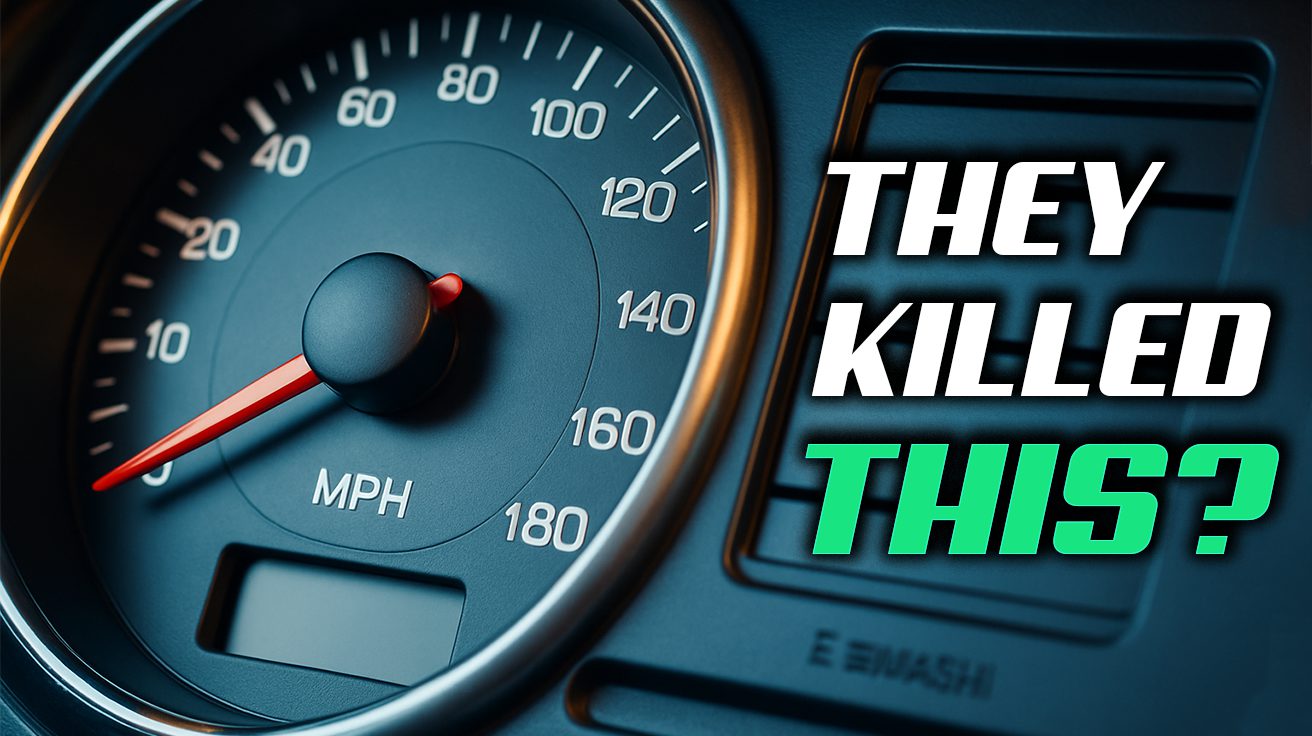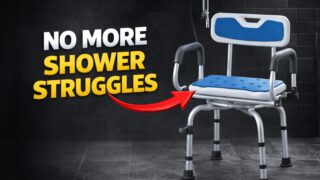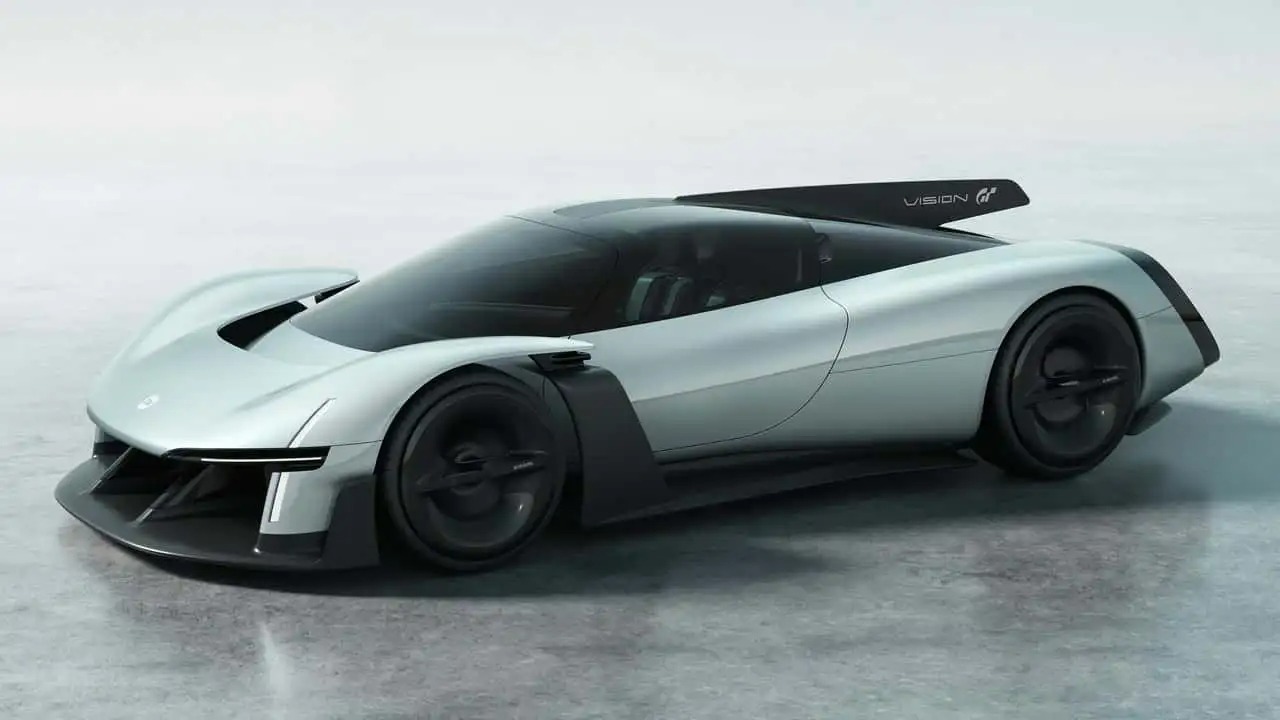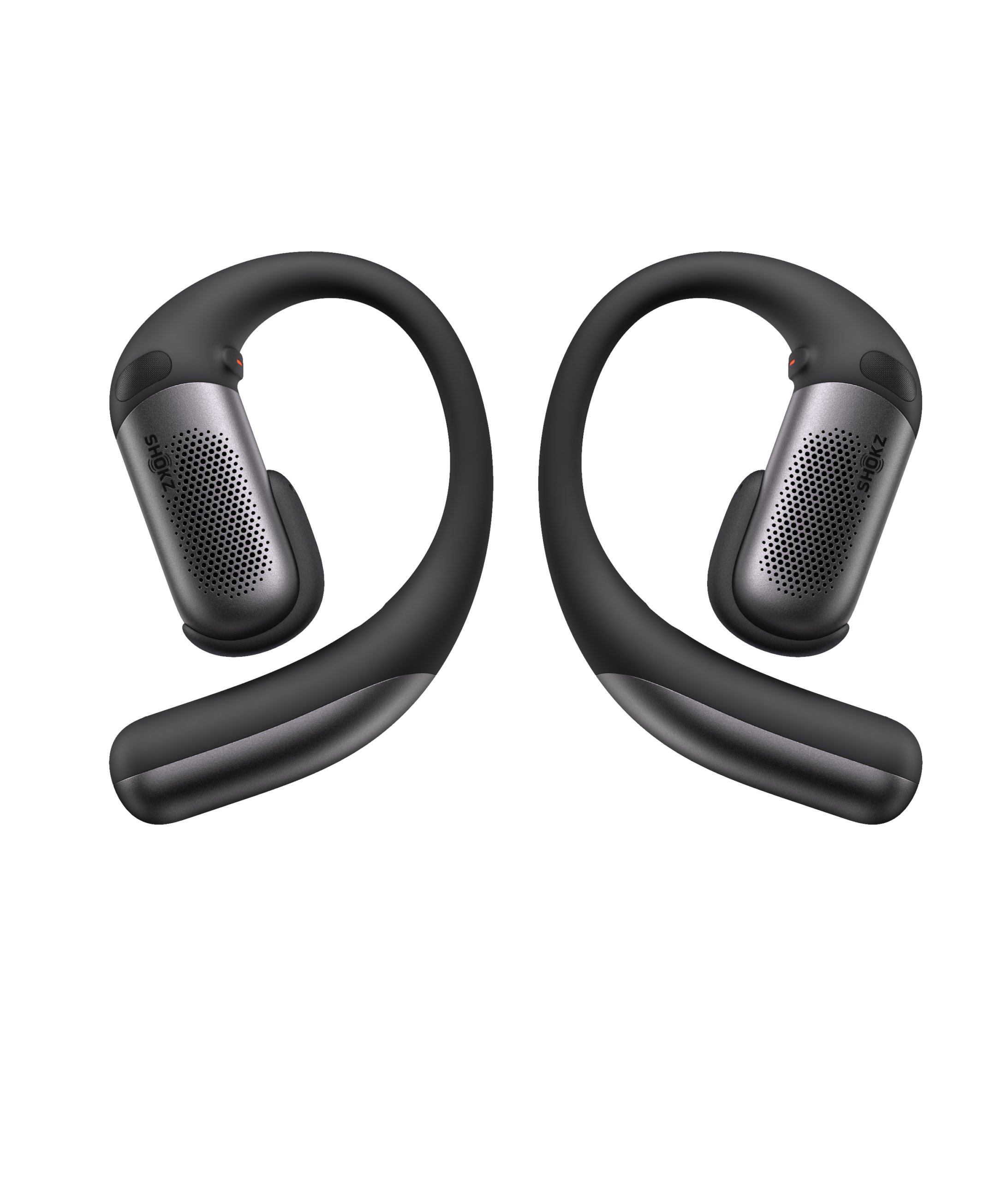Physical buttons, analog gauges, and compact cars are vanishing faster than your patience in a Tesla touchscreen menu. Automakers are swapping tactile controls for digital interfaces, ditching spare tires for repair kits, and turning every dashboard into a tablet. The result? A automotive landscape that’s sleeker, smarter, and somehow less satisfying to actually use. We’ve ranked these vanishing features from best to the absolute worst.
10. Physical Climate Controls
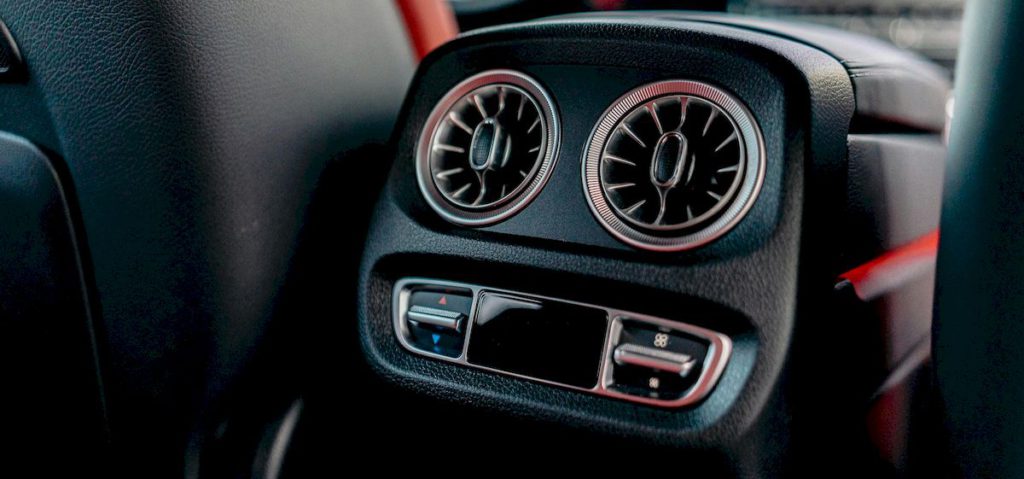
Physical Climate Controls: Adjusting your AC used to be muscle memory—twist the knob left for cooler, slide the lever for airflow direction. Now you’re hunting through touchscreen menus while merging onto I-95, which feels about as safe as texting your ex at 2 AM. Modern pedestrian safety regulations make pop-up headlights nearly impossible to implement, but that doesn’t make their absence hurt less.
9. Traditional Automatic Shifters
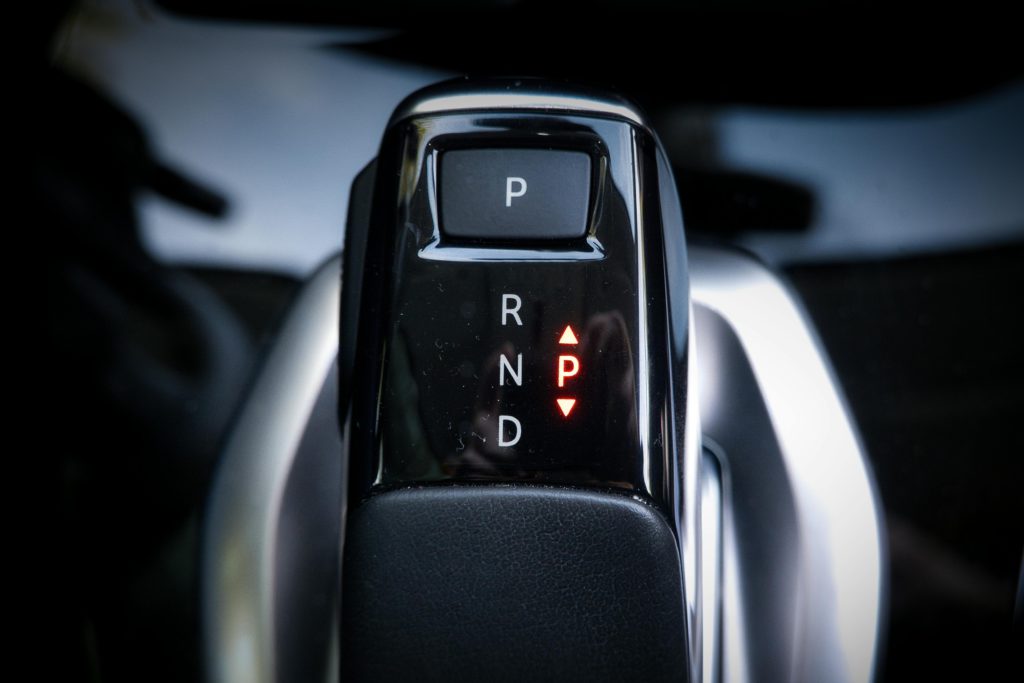
Traditional Automatic Shifters: Remember when “Drive” felt like Drive? Physical shifters provided clear feedback and worked even when your car’s brain decided to take a coffee break. Today’s rotary dials and push-button selectors look sleek but feel like operating a dishwasher instead of commanding two tons of metal.
8. Full-Sized Spare Tires
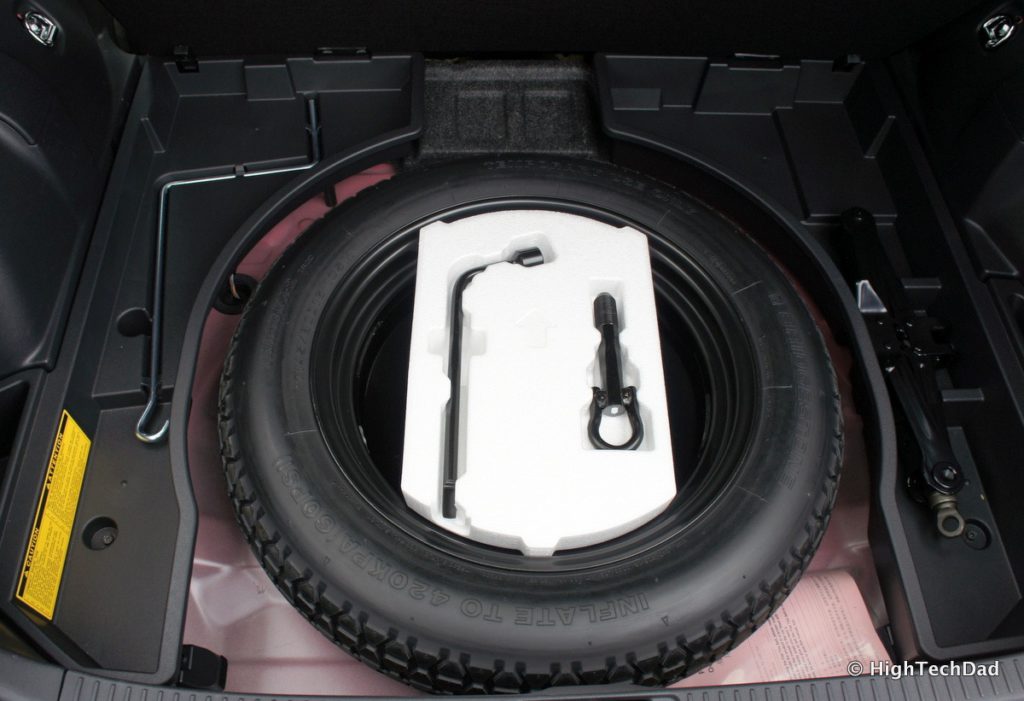
Full-Sized Spare Tires: Automakers claim weight savings and trunk space, but anyone who’s limped home on a donut knows the truth. Those temporary tires are like bringing a butter knife to a sword fight—technically a solution, but you’re not winning any battles.
7. Analog Gauge Clusters
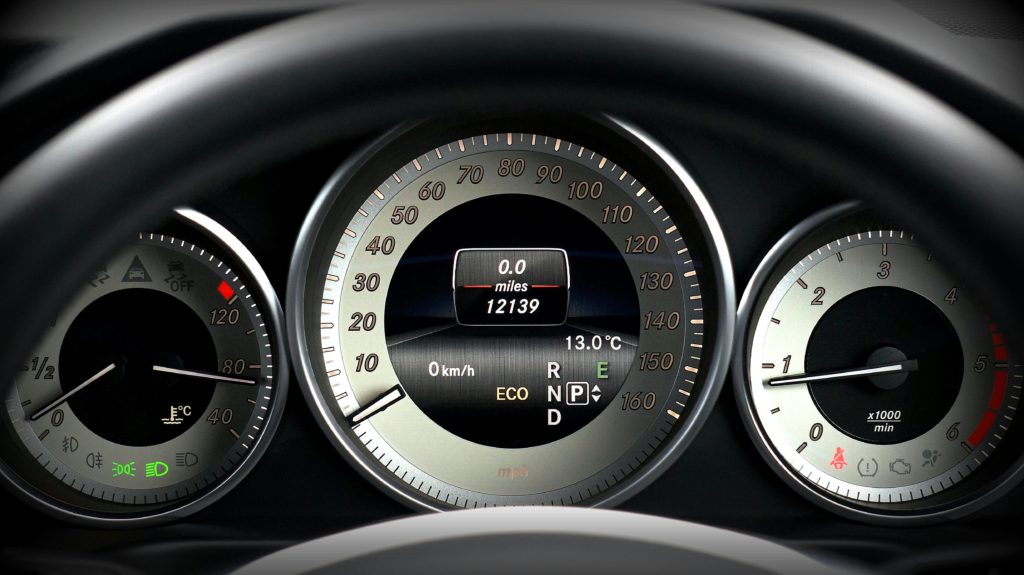
Analog Gauge Clusters: Digital displays offer customization and crisp visuals, but there’s something reassuring about mechanical needles that don’t need software updates. Plus, analog gauges never crashed during a firmware update, unlike that one time your speedometer decided to reboot at 70 mph.
6. Physical Volume Knobs
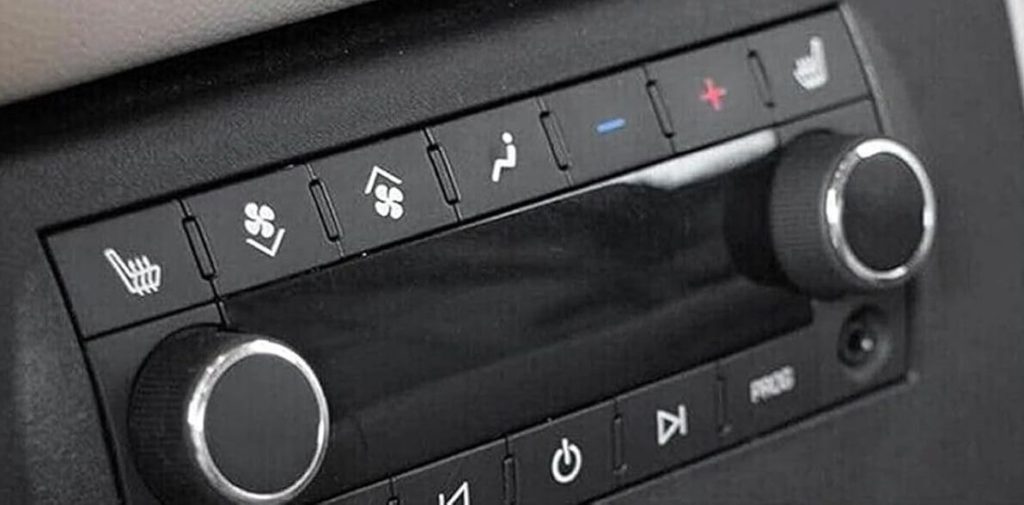
Physical Volume Knobs: Touch controls look clean and modern, but good luck making quick adjustments when your favorite song comes on. It’s like replacing a light switch with a smartphone app—technically possible, but unnecessarily complicated.
5. CD Players
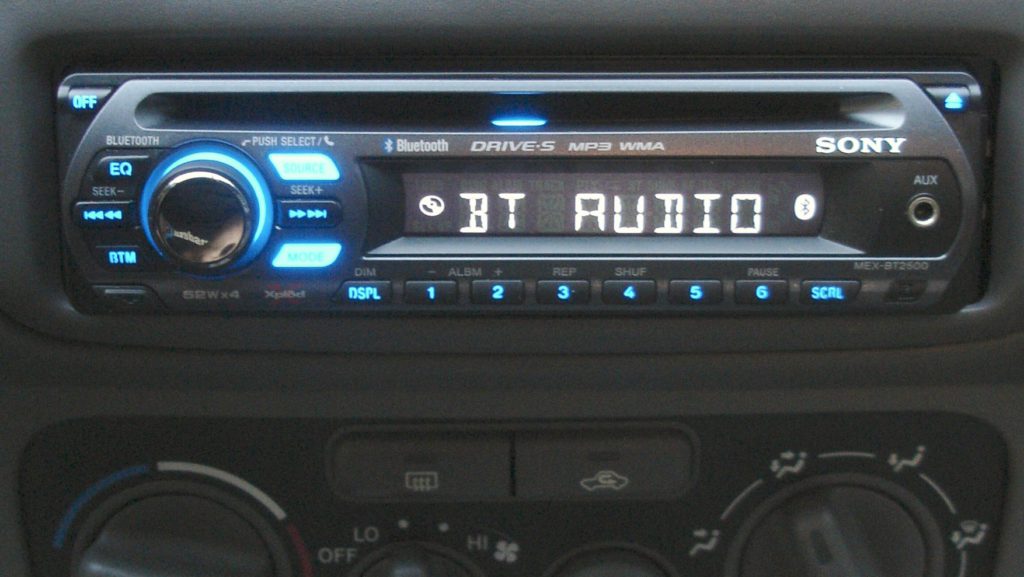
CD Players: Streaming killed the CD star, and honestly, this one makes sense. Your car’s Bluetooth connects faster than finding that scratched copy of “Now That’s What I Call Music 47” anyway.
4. Physical Owner’s Manuals
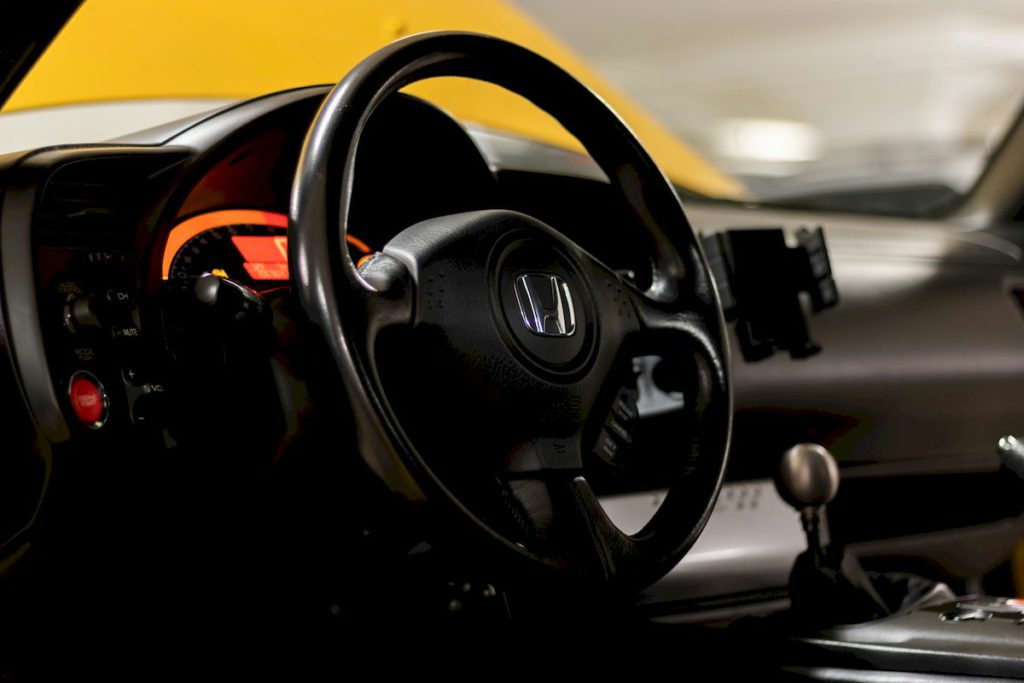
Physical Owner’s Manuals: Digital manuals save trees and trunk space, though they’re useless when your car won’t start and your phone’s dead. It’s like having a fire extinguisher app—great until you actually need it.
3. Traditional Turn Signal Stalks
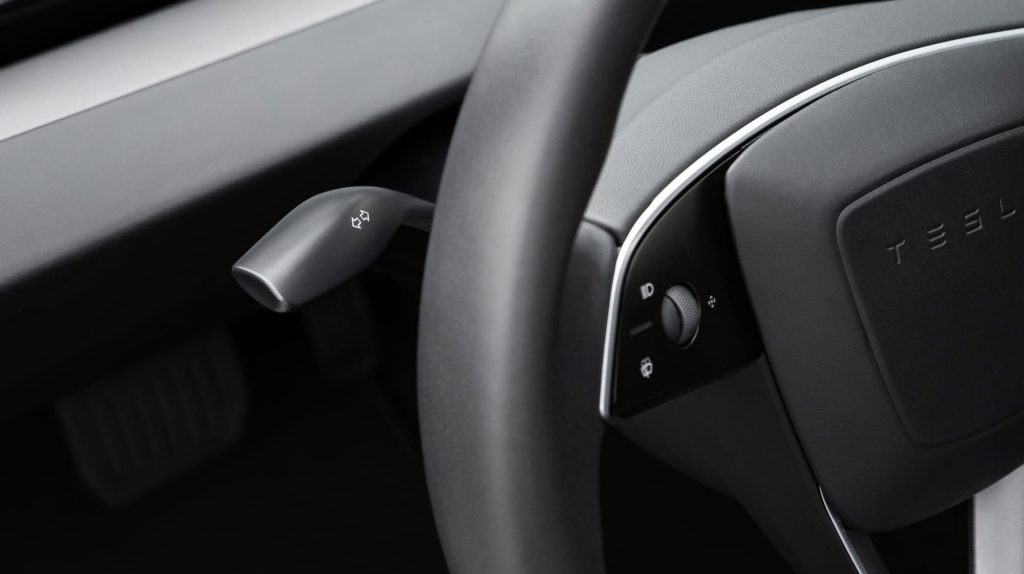
Traditional Turn Signal Stalks: Some vehicles now use soft-touch stalks or digital systems, creating confusion where simple mechanics once ruled. Anyone who’s accidentally activated cruise control instead of signaling knows this particular pain.
2. Physical Turn Keys
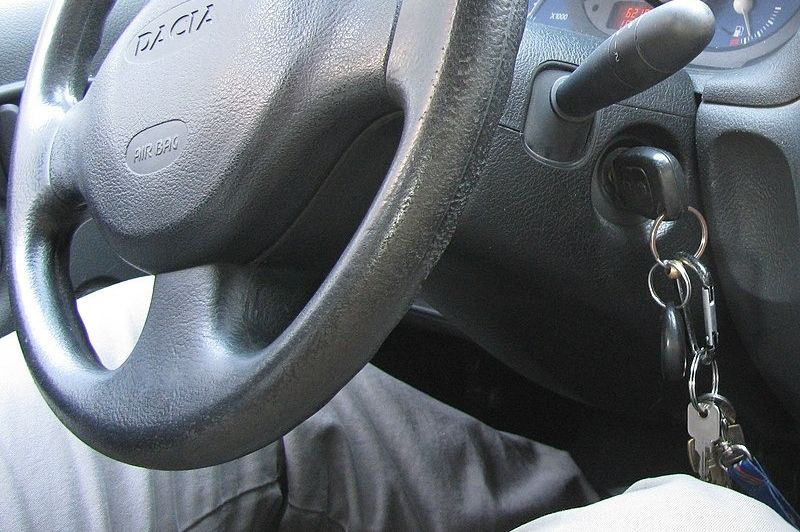
Physical Turn Keys: Proximity fobs and push-button starts are objectively better—no fumbling with metal in winter gloves, no worn ignition cylinders, no “did I leave it in accessory mode?” anxiety.
1. Aux and Legacy USB Ports
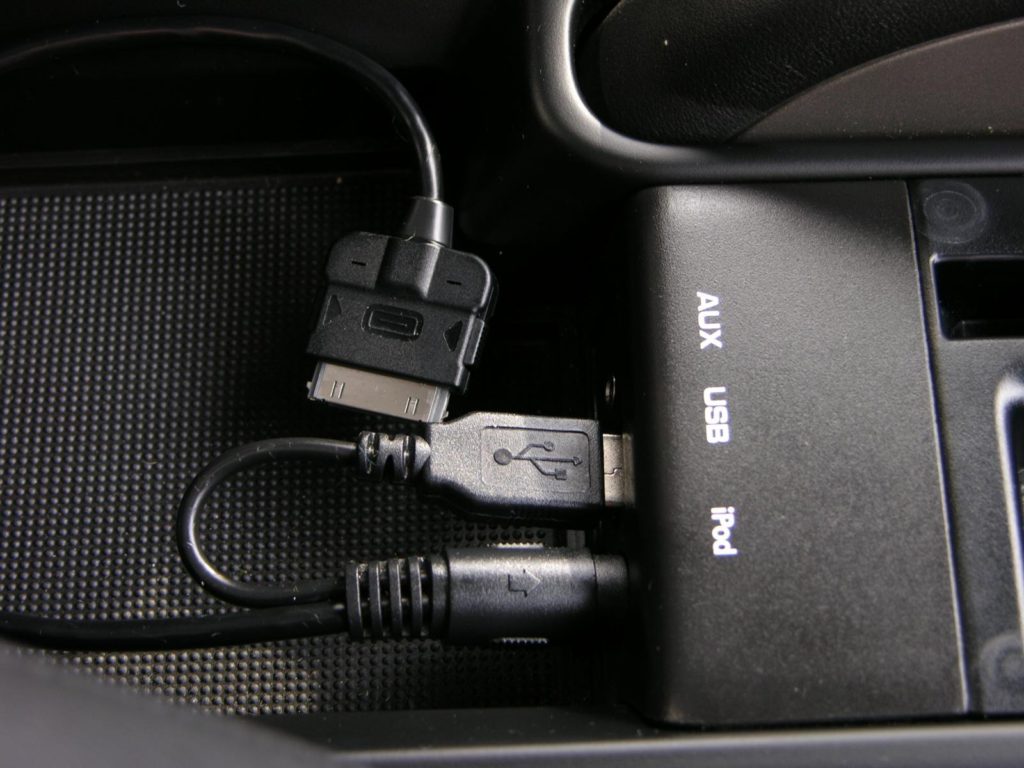
AUX and Legacy USB Ports: USB-C and Bluetooth have won this war decisively. Unless you’re still rocking an iPod Classic (respect), this transition barely rates a shrug.


